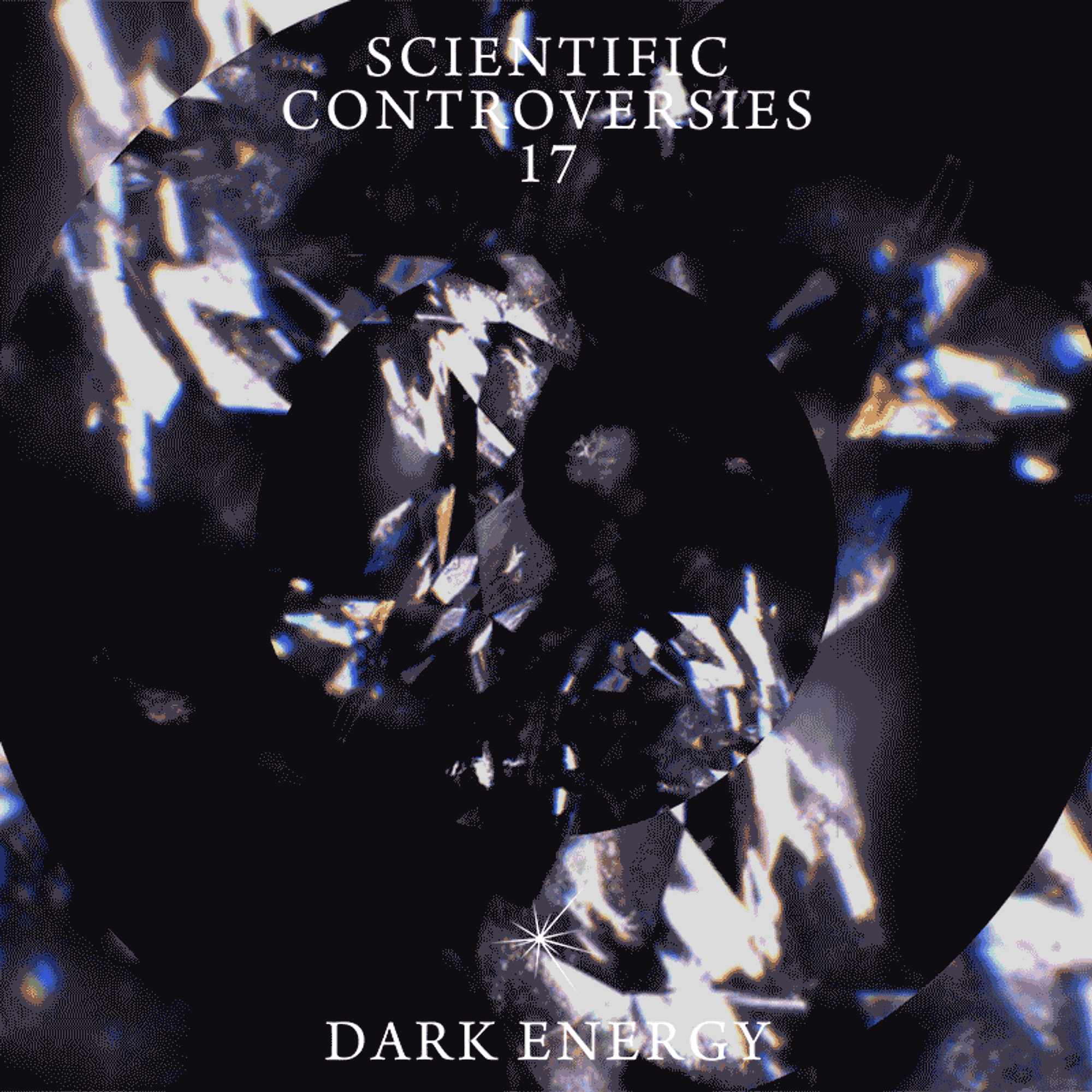
Scientific Controversies No. 17: Dark Energy
Every star, every pebble, every galaxy, every person, the oceans and the moon, the hundreds of billions of galaxies—every thing anyone anywhere has ever seen or will ever see in sum total amounts to less than 5% of the composition of the universe. Overwhelmingly, the universe is dominated by a form of invisible energy that permeates space—Dark Energy. We cannot see the energy although we live in an all-pervasive invisible dark sea. We do not know its origin or what it’s made of, if it will last forever, or evaporate in some far future. Though invisible, its dark presence is inferred as the unexpected source powering the ever-faster expansion of our universe. Dominant and everywhere, Dark Energy might be no more than the energy of nothing, an inescapable energy of empty spacetime.
Director of Sciences, Janna Levin, invites cosmologist Pedro Ferreira and theoretical physicist Rachel Rosen to consider the most pressing question facing cosmology: What is Dark Energy? Join us after the conversation for DJ Black Helmet’s set of rare grooves.
Rachel Rosen is an Assistant Professor of Theoretical Physics at Columbia University. Her research involves quantum field theory, cosmology, astrophysics and massive gravity.
Pedro Ferreira is an author and Professor for Astrophysics at the University of Oxford, and a fellow of Oriel College. His most recent book is The Perfect Theory: A Century of Geniuses and the Battle over General Relativity.
This project is supported by Science Sandbox, a Simons Foundation initiative dedicated to engaging everyone with the process of science.
